Highlights includes a public kitchen infrastructure in King’s Cross and a Gothic horror inspired exploration of the contrasting processes of dissection and cultivation of bodily tissues
For the final year post-graduate show, architecture students at the Royal College of Art worked within four architectural design studios pursuing urban themes with a cultural edge - with a focus on London.
Working under the title In-formation, the students in ADS1 were asked to examine the impact digital modes of communication, as in social networks and portable technologies, will have on the physical space of London, and the architect’s role in manipulating these emerging infrastructures. They created prototypes for the next infrastructural revolution where buildings react to their users, change over time to form artificial urban environments and act as catalysts for new modes of inhabiting the city.
ADS2’s working title was New politics, new urbanism. Here students based their work around two very different – both geographically and culturally - large-scale London sites King’s Cross and Chelsea Barracks. They were asked to propose an alternative urban vision for the capital.
Horror was the working title for ADS3. Today’s society often seeks horror (through films, extreme sports…) as an antidote to boredom. The group researched this area to gain an understanding of the various architectural, sensory and narrative devices used for generating specific emotional responses. The aim was to develop a new language of form, and vocabulary of materials to activate a range of sensory reactions beyond the visual.
ADS4 explores the concept of Immortality, speculating on the consequences of a society increasingly in denial of death, where youth and beauty fuel desire. The students examined this complex contradictory society could impact on the architect - what criteria will enable us to choose what or whom will become immortal.
These are some of the highlights from the show
Alison Hesketh sought to create a new typology, a public kitchen infrastructure in the global food chain with her King’s X kitchen culture created for ADS1. Based in King’s Cross, due to its great transportation links to the UK, Kings X Kitchen combines public kitchen spaces with the sale of food, a new centre for food growing and a new pocket of living space within the city centre.
Ottilie Ventiroso, also working in ADS1, created The Ilford philharmonic, a large music house to accommodate a public singing infrastructure within the chambers of a giant mythical pebble. The scheme initiates a new productive amphibious infrastructure for London.
Lauren Dutton tackles the Horror theme of ADS3 through her NecRomance concept, which responds to the medical profession’s increased demand for human tissues by creating a new death process. In NecRomance the body is dissected and traded to London’s medical institutions with a freakish morning ritual to accompany this brutal killing. Drawing from Gothic horror aesthetics, the architecture explores the contrasting processes of dissection and cultivation of bodily tissues.
Working within ADS3, James Wignall’s Port of London authority views a future London which is four degrees hotter, where the flood builders have reshaped the city, therefore introducing great piers that link the centre to the dry urban fabric.
Rachael Harding, working with ADS4 and the concept of immortality, explores London in 2030, when “the British crime scene has become a romantic commodity,” she notes. “A health obsessed public are turning to generic miracles to cure their ills and criminal DNA is used to meet demand for genes.” Harding’s Gunpowder Park romantic retreat is a place where patients can receive gene therapies while enjoying rendezvous with their criminal donors.
Also working in ADS4, Adam Smith’s Genatorium - Breeding ground for the risk averse is a medical facility in Southwark set in 2020 designed to be a safe place for childbirth catering for a range of users. It aims to express the dilemmas and desires of these people through an architecture of reassuring precision and monumental delicacy.
Eliot Postma looks at how a reformed Church of England can remain relevant in an increasingly secular society in his Scenes of the New Cross for ADS4. “In a desperate attempt to reassert its influence, the Church of England exploits growing mistrust of the banking sector and fears of environmental decline with a new form of righteous finance,” says Postma. “In colliding science and faith I speculate on how a new ark for the 21st century might take shape.”
Source
For more on the show visit the RCA.




















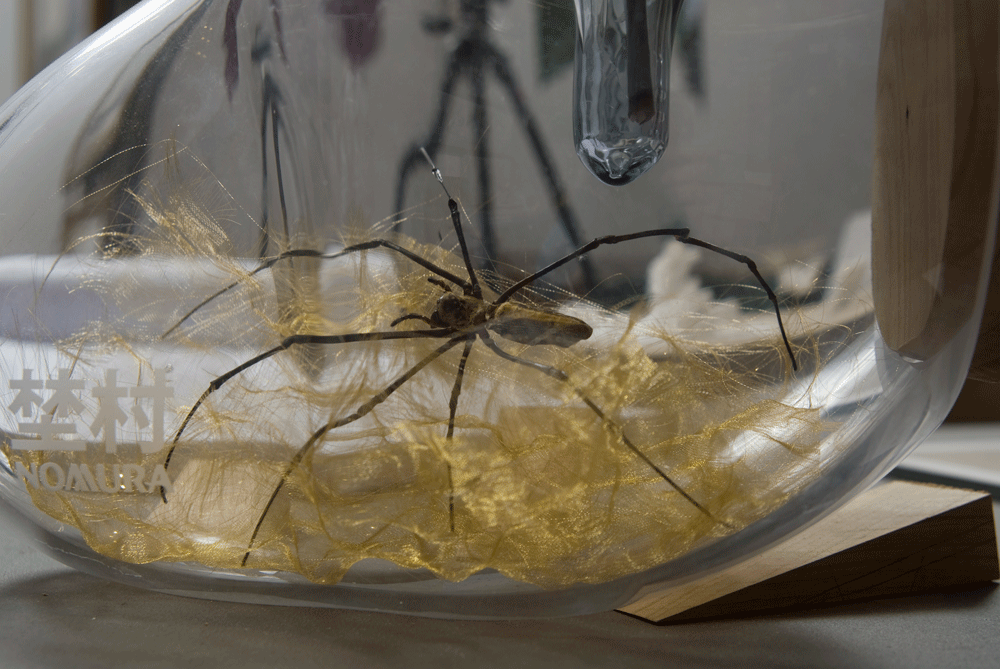
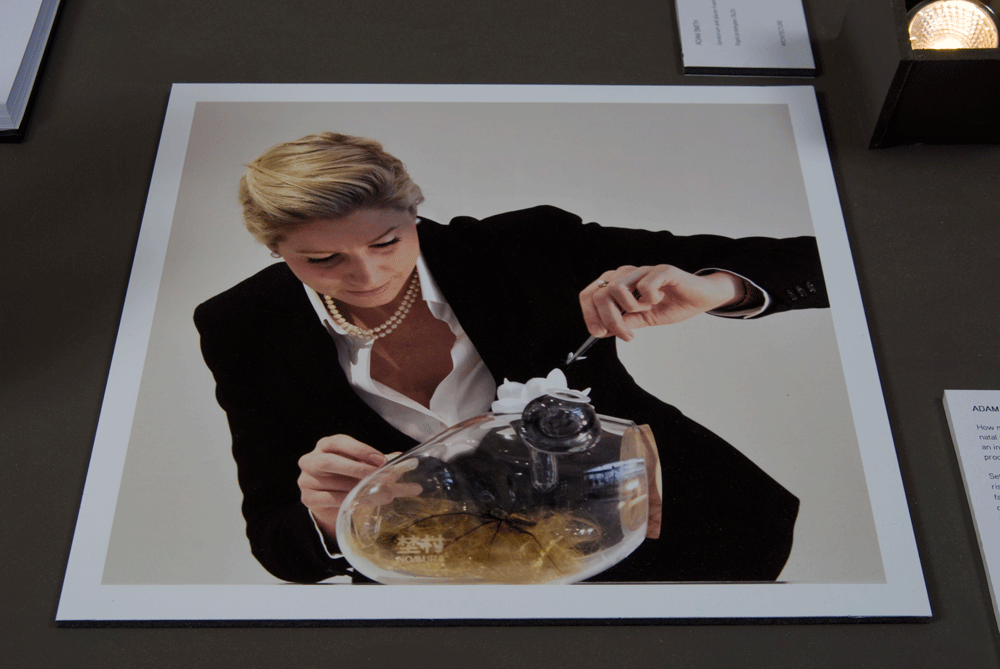
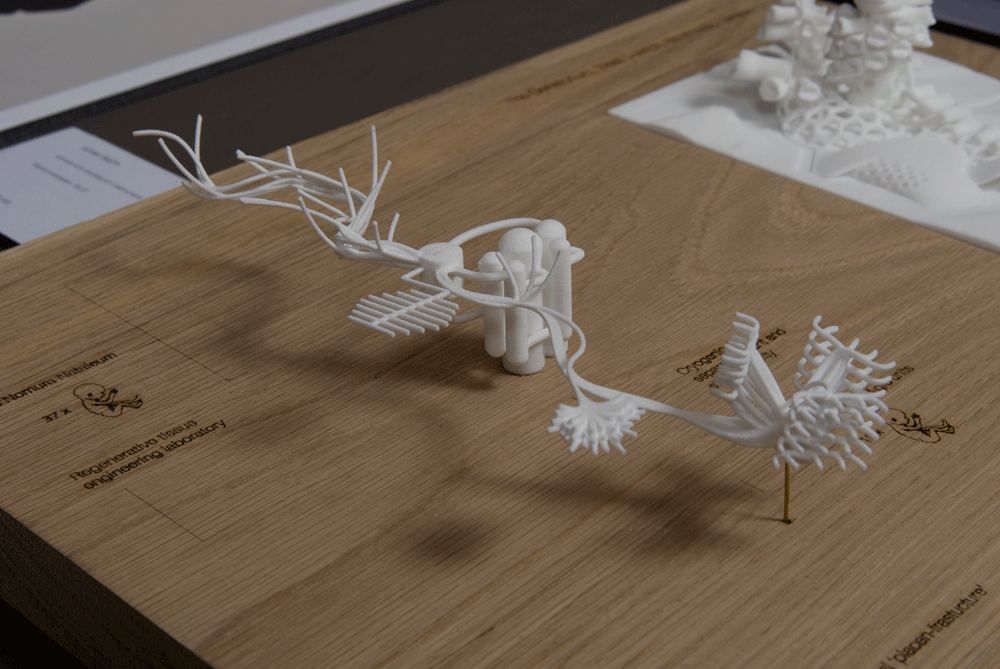
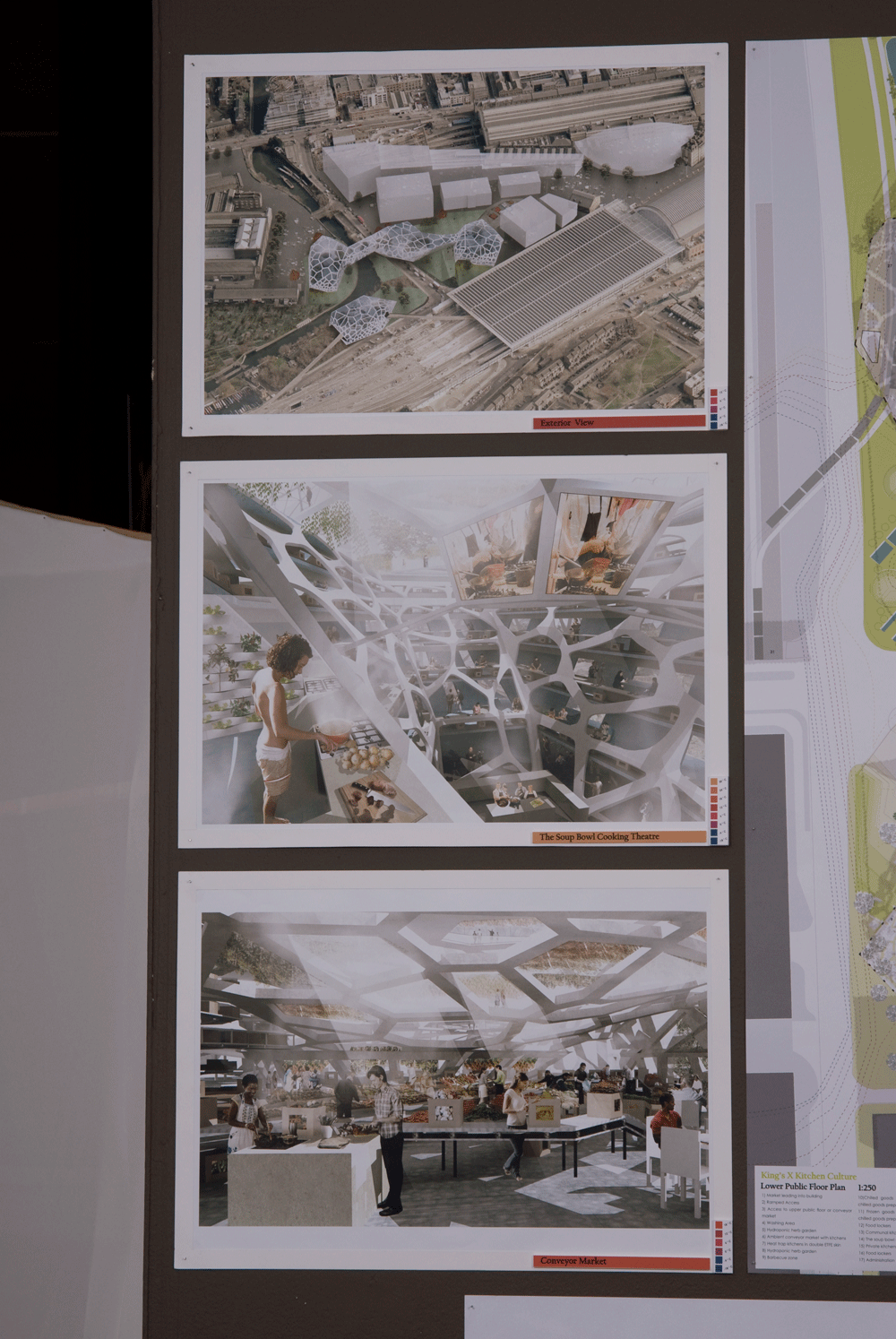
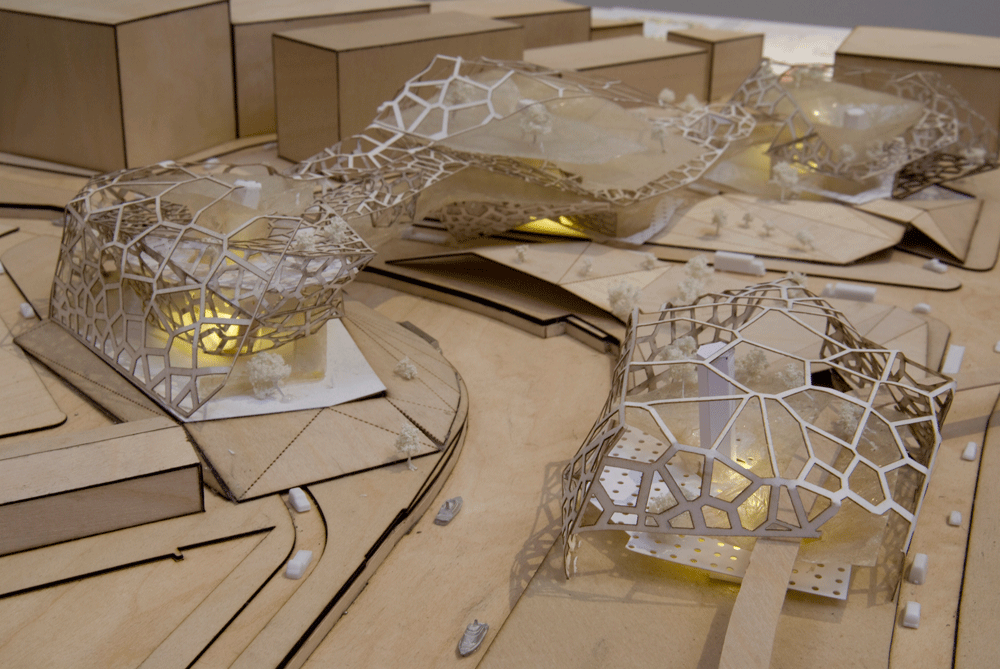
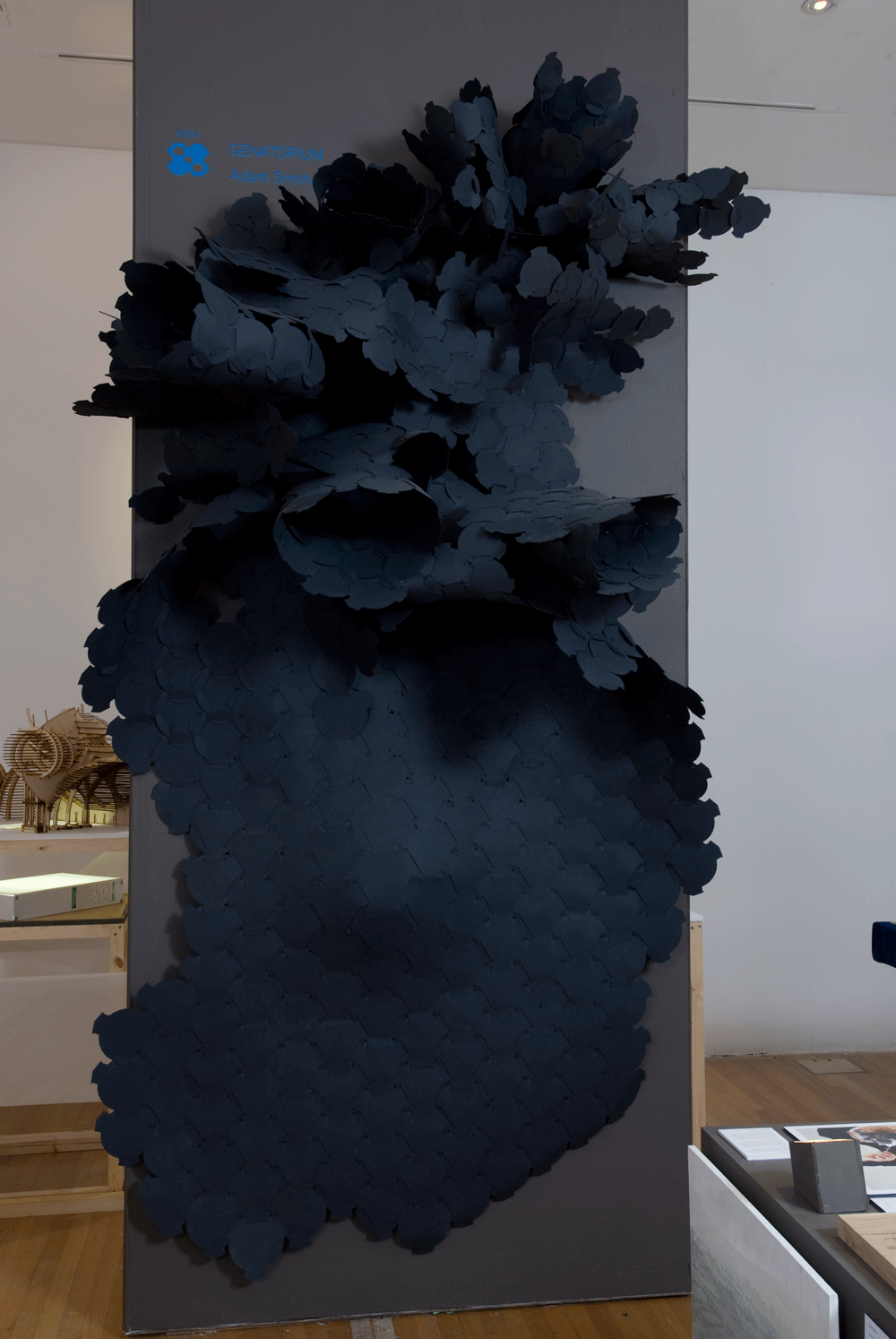
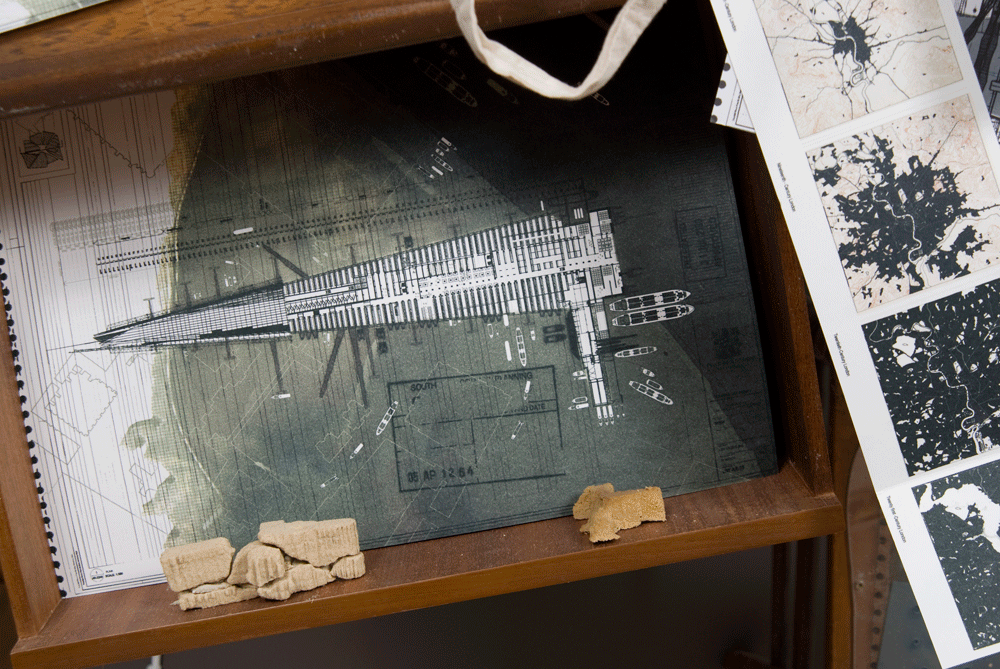
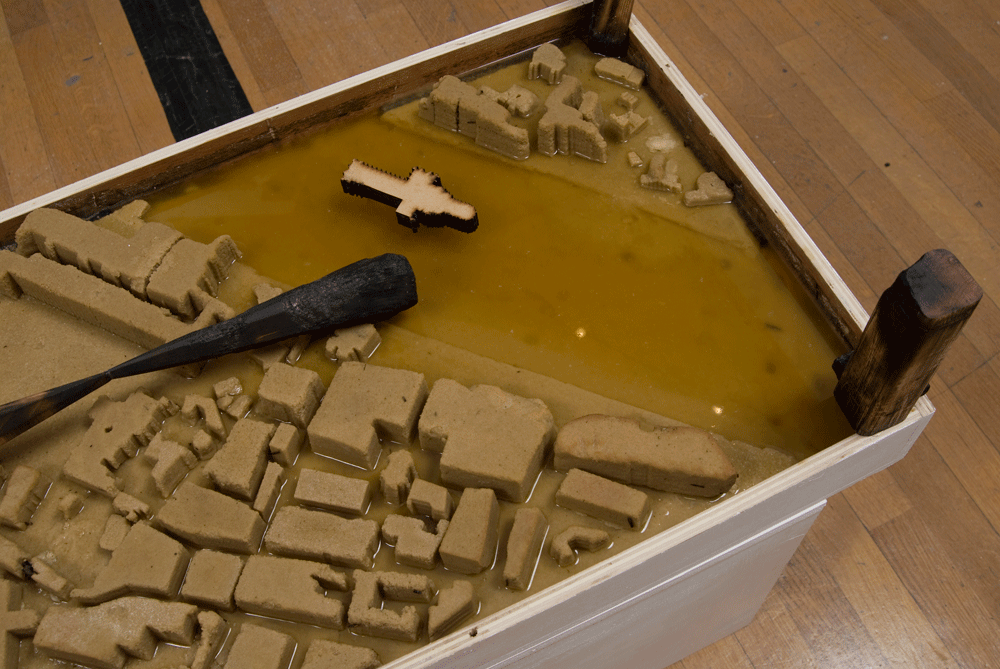
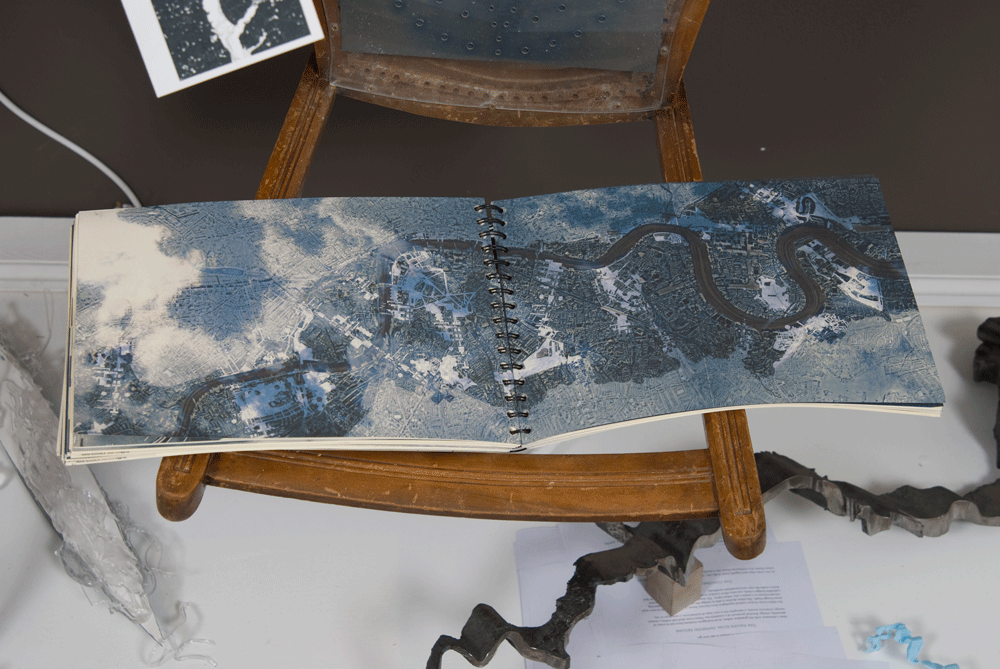
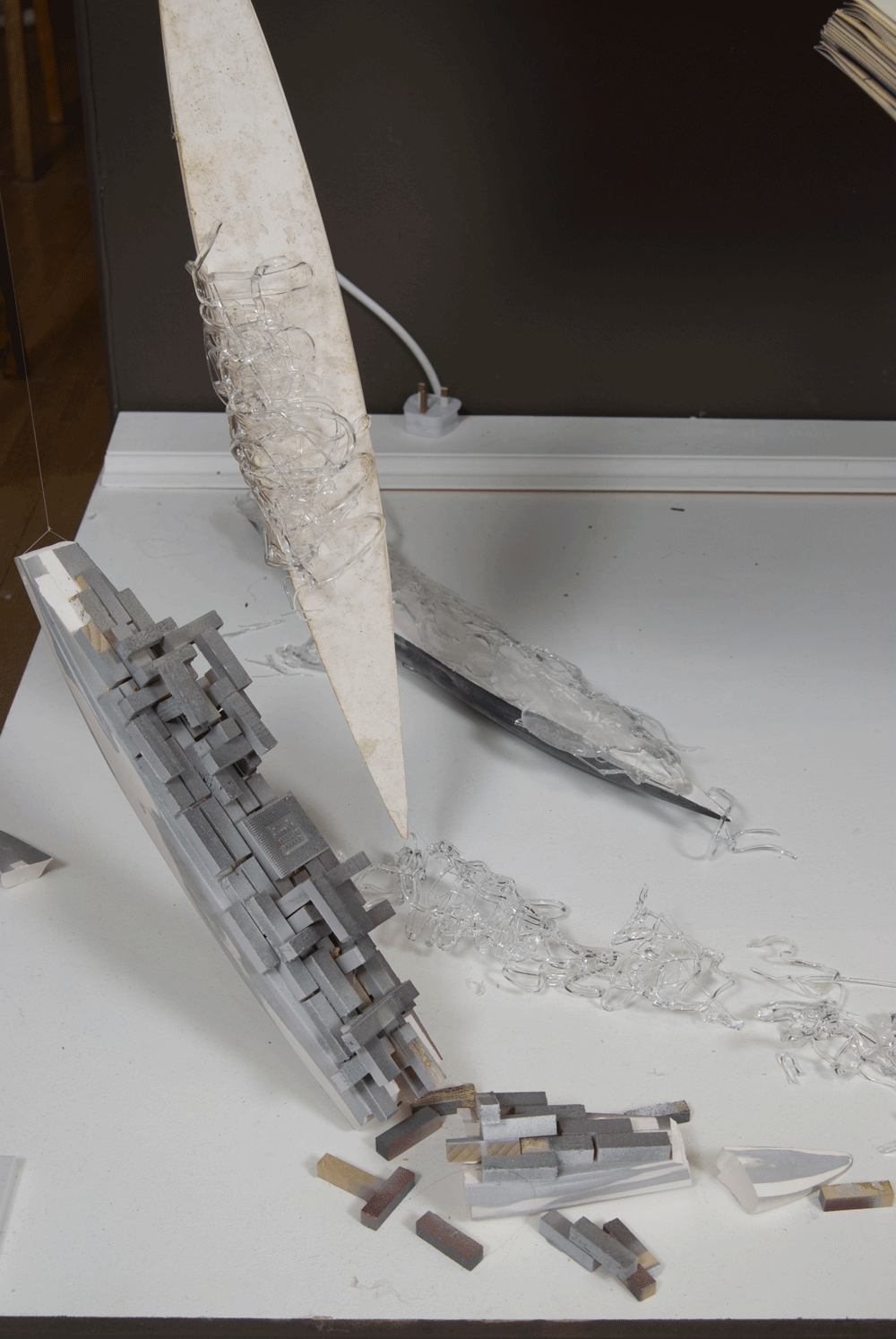
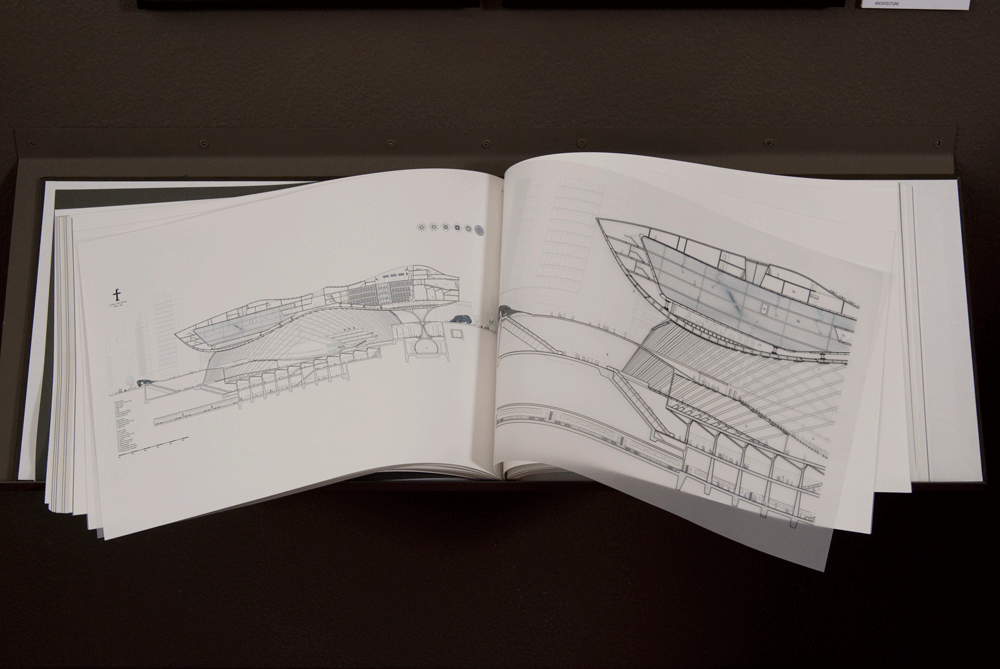
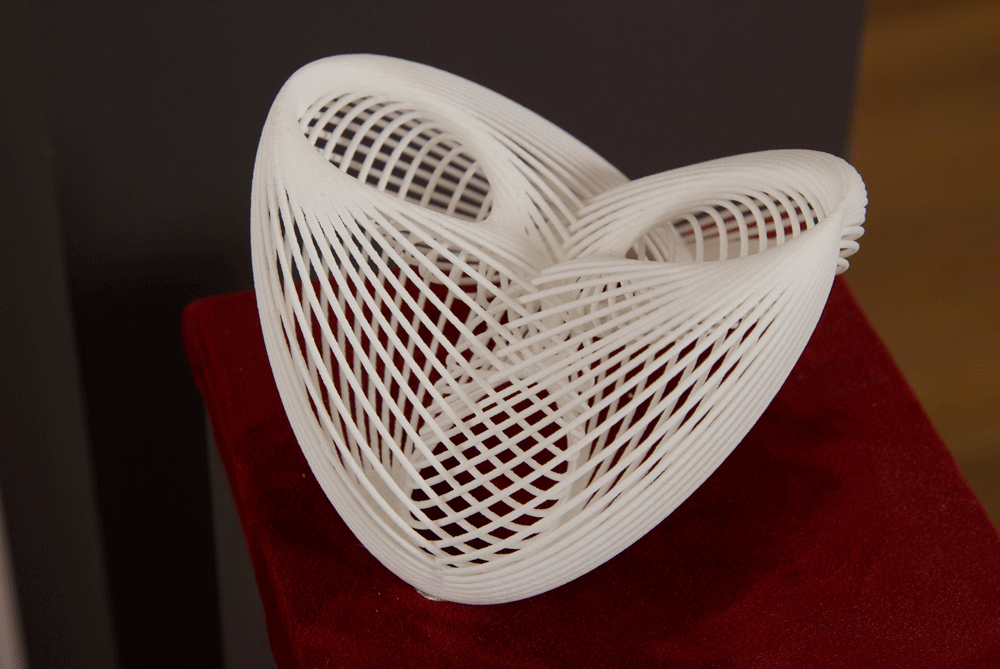
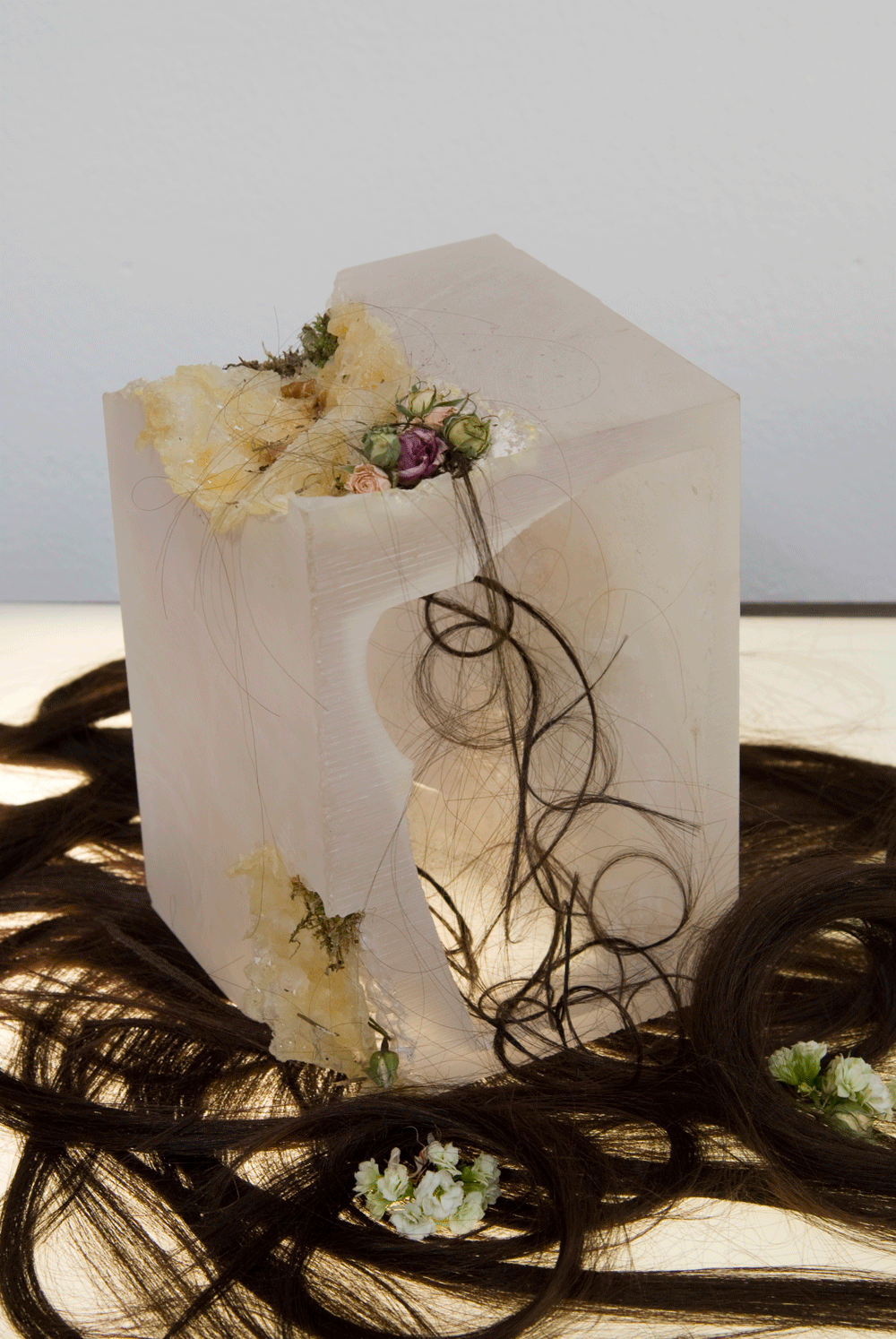
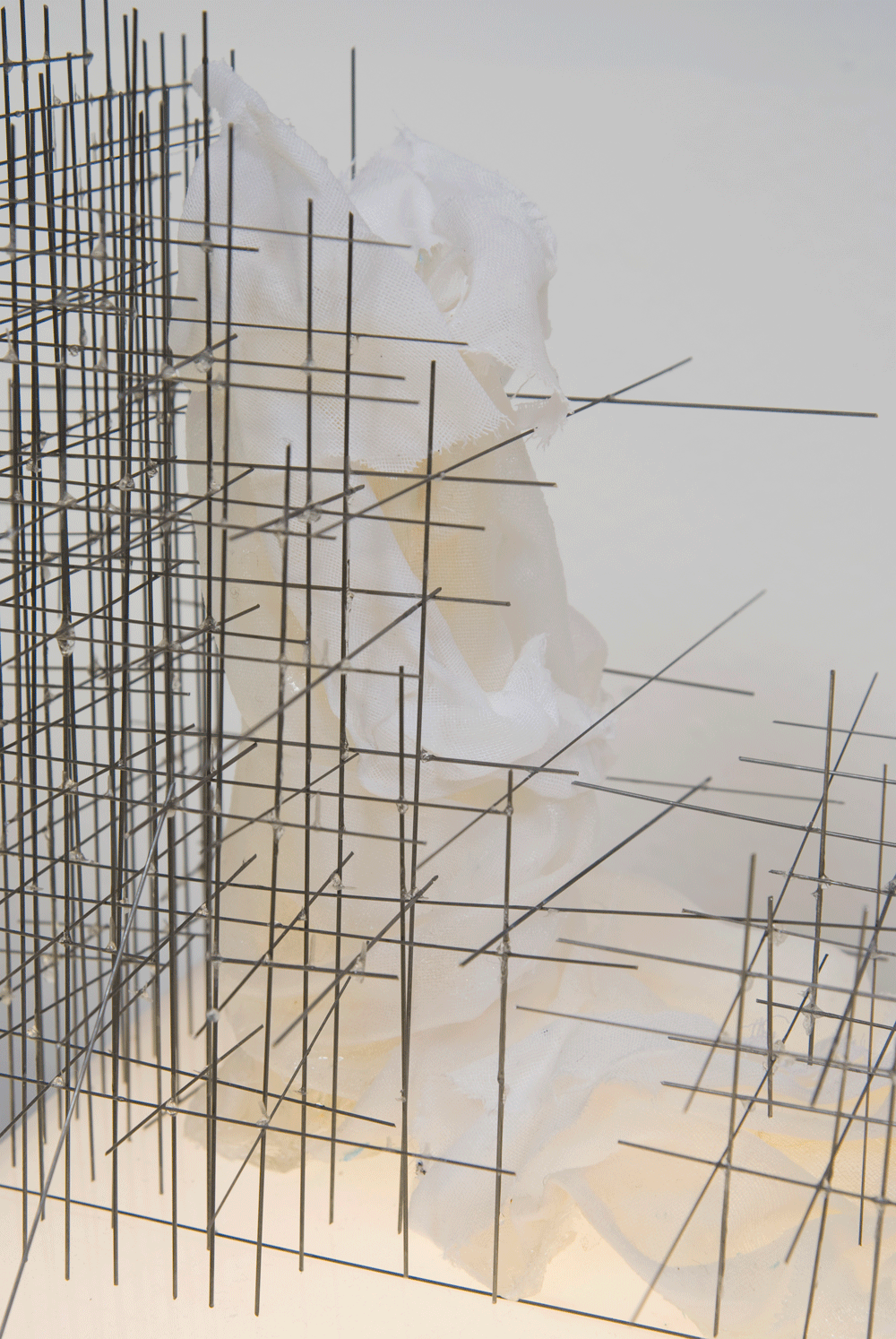
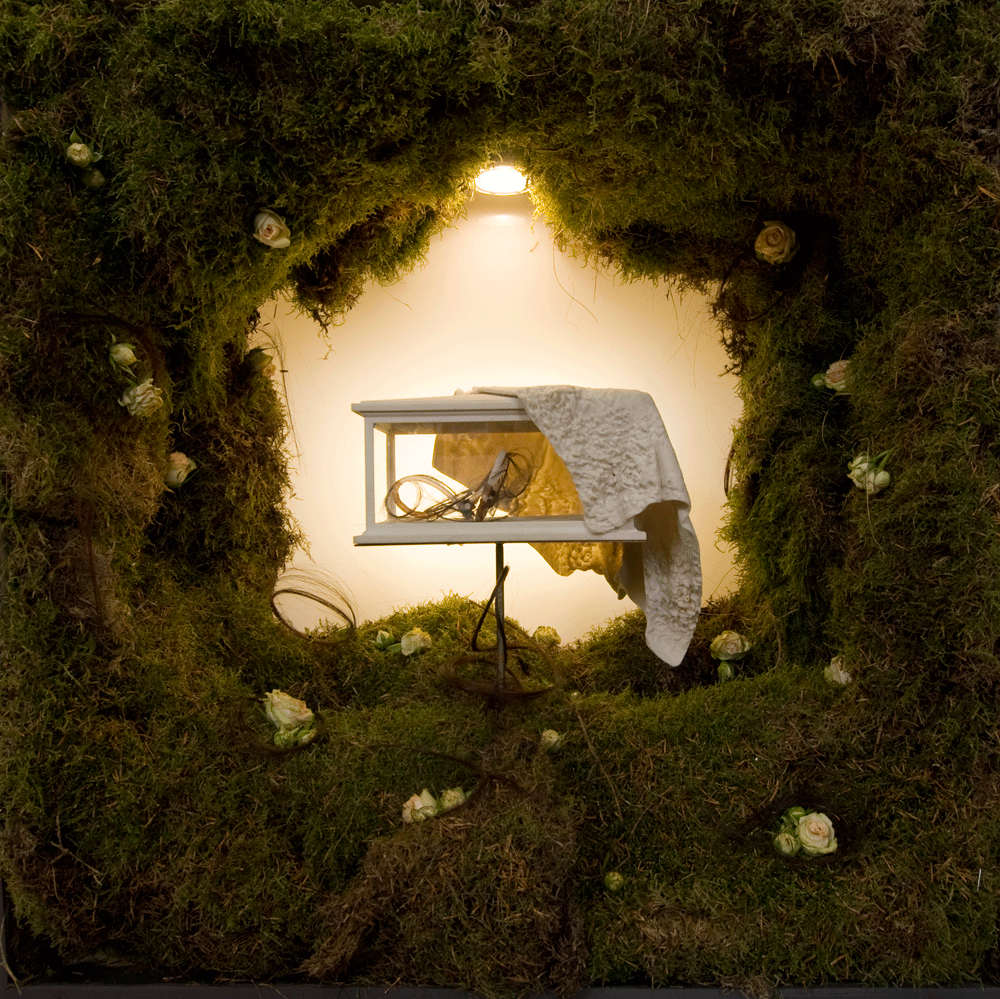
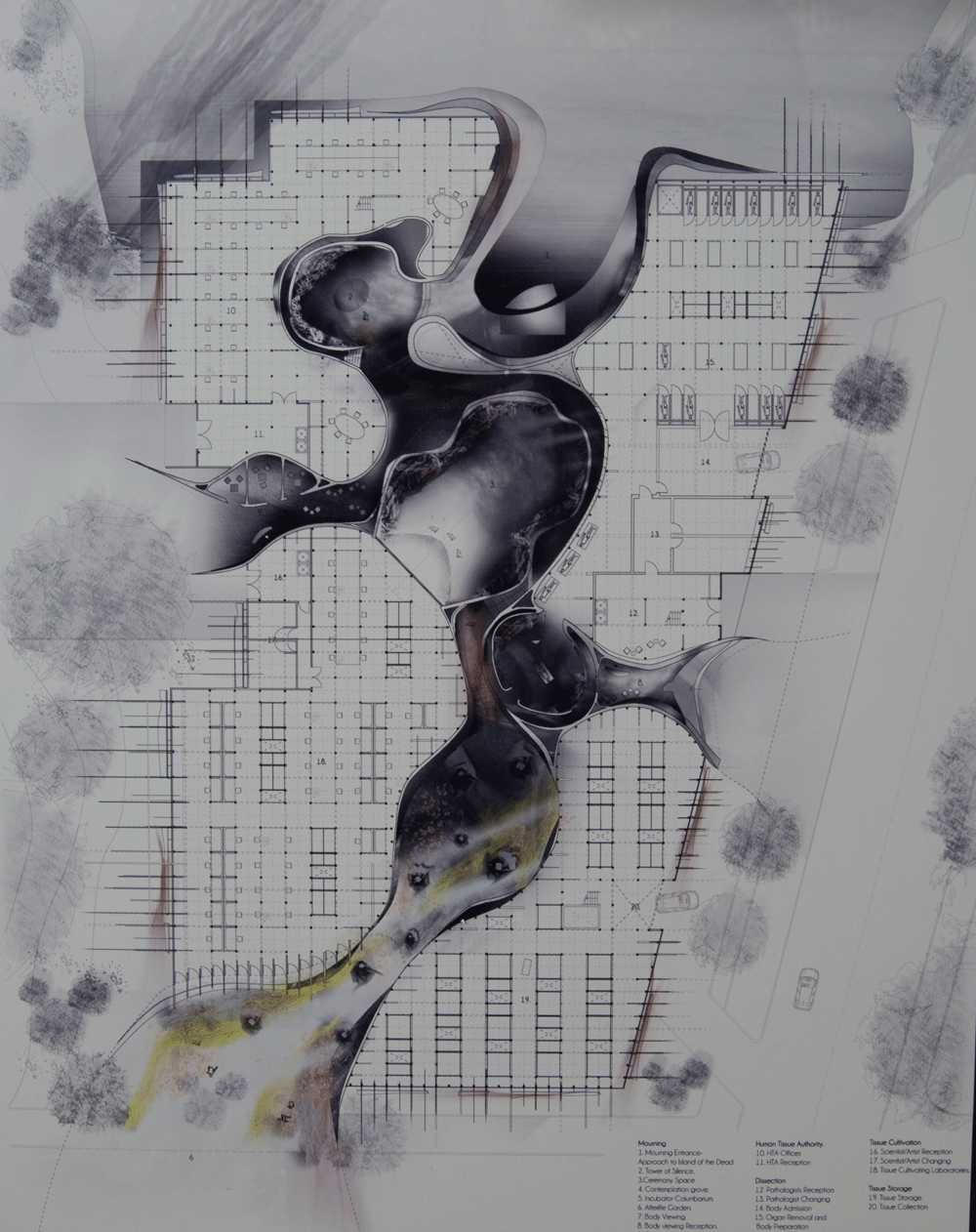
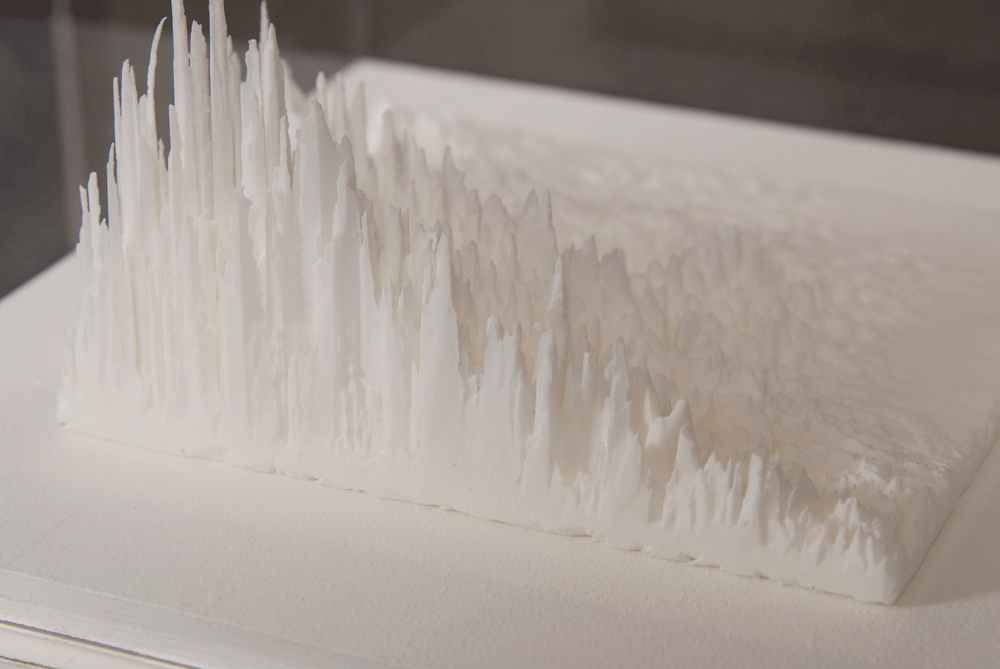
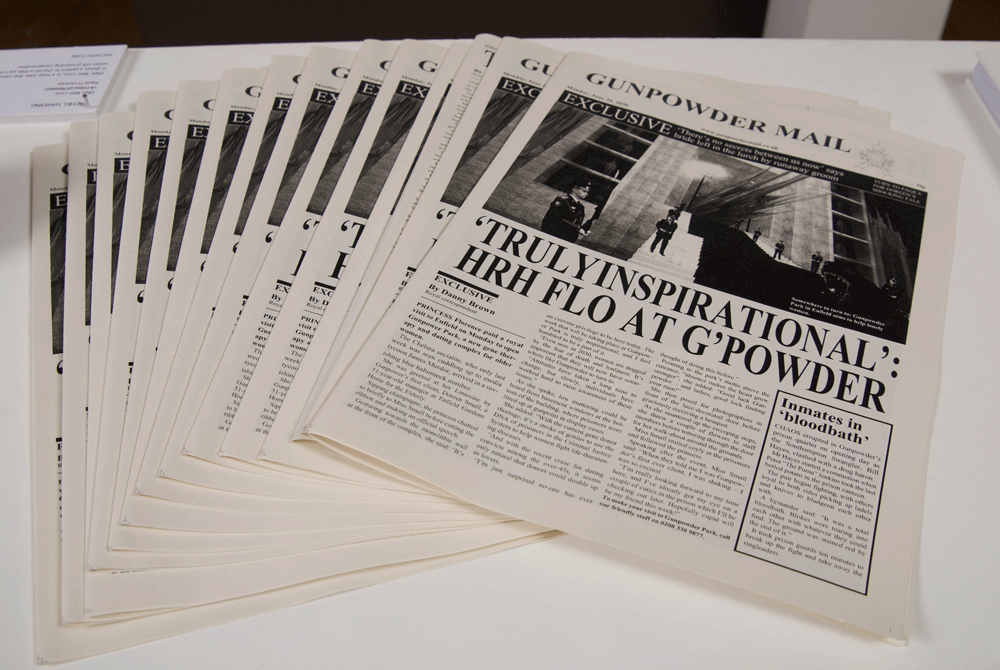
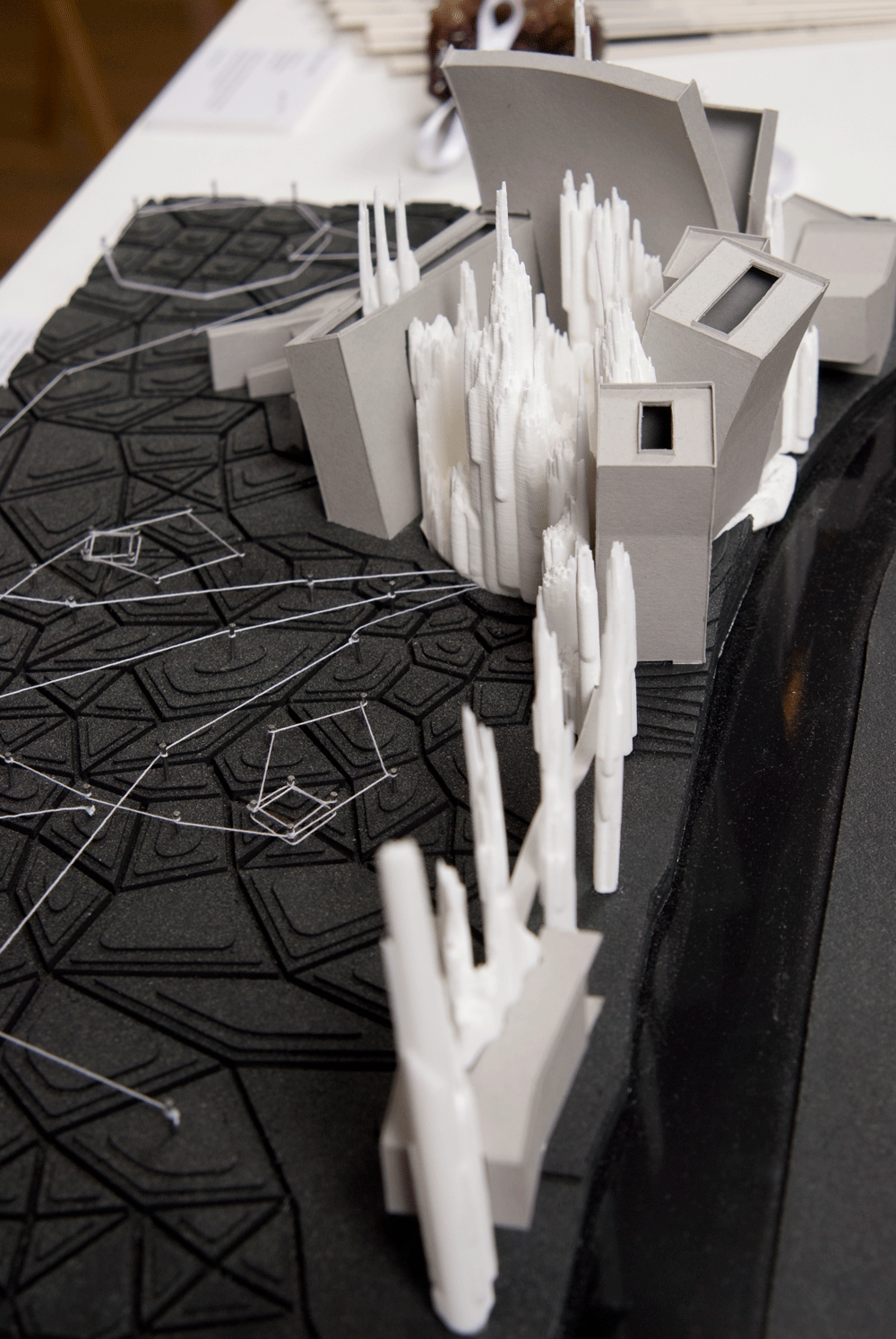
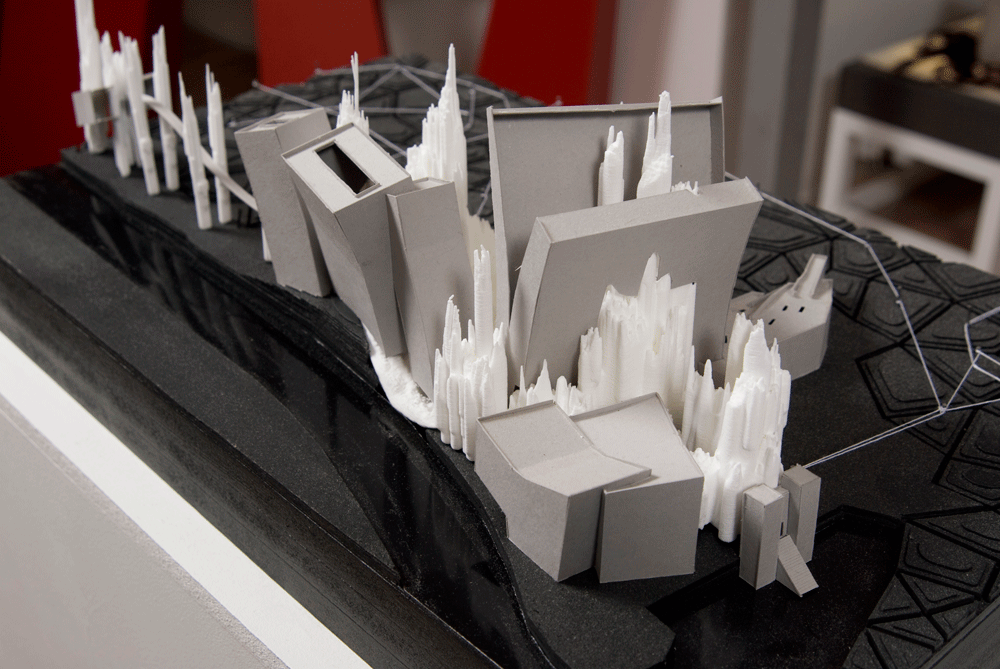
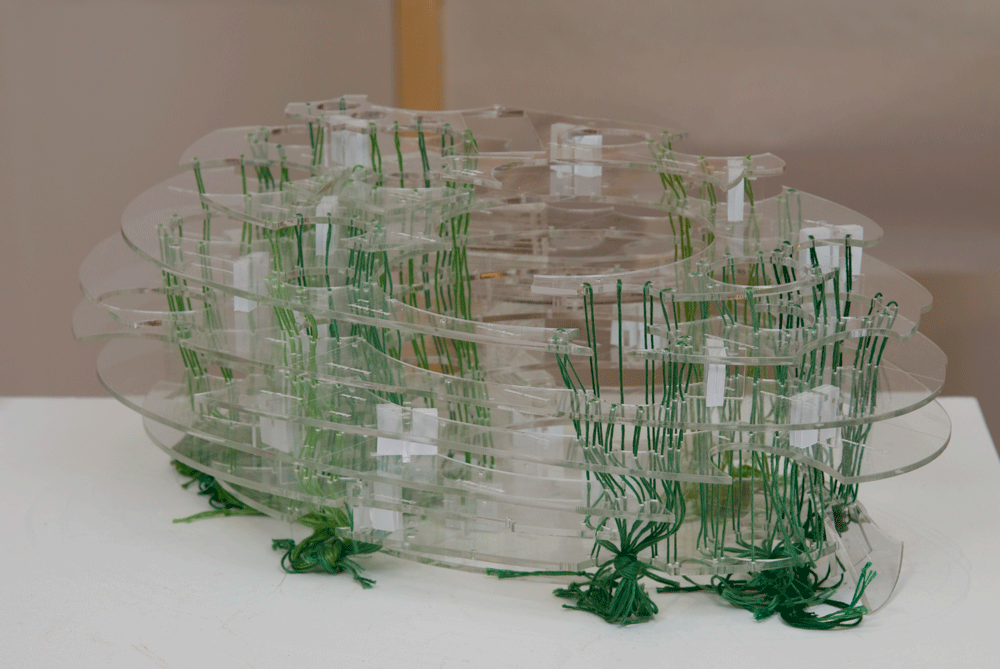
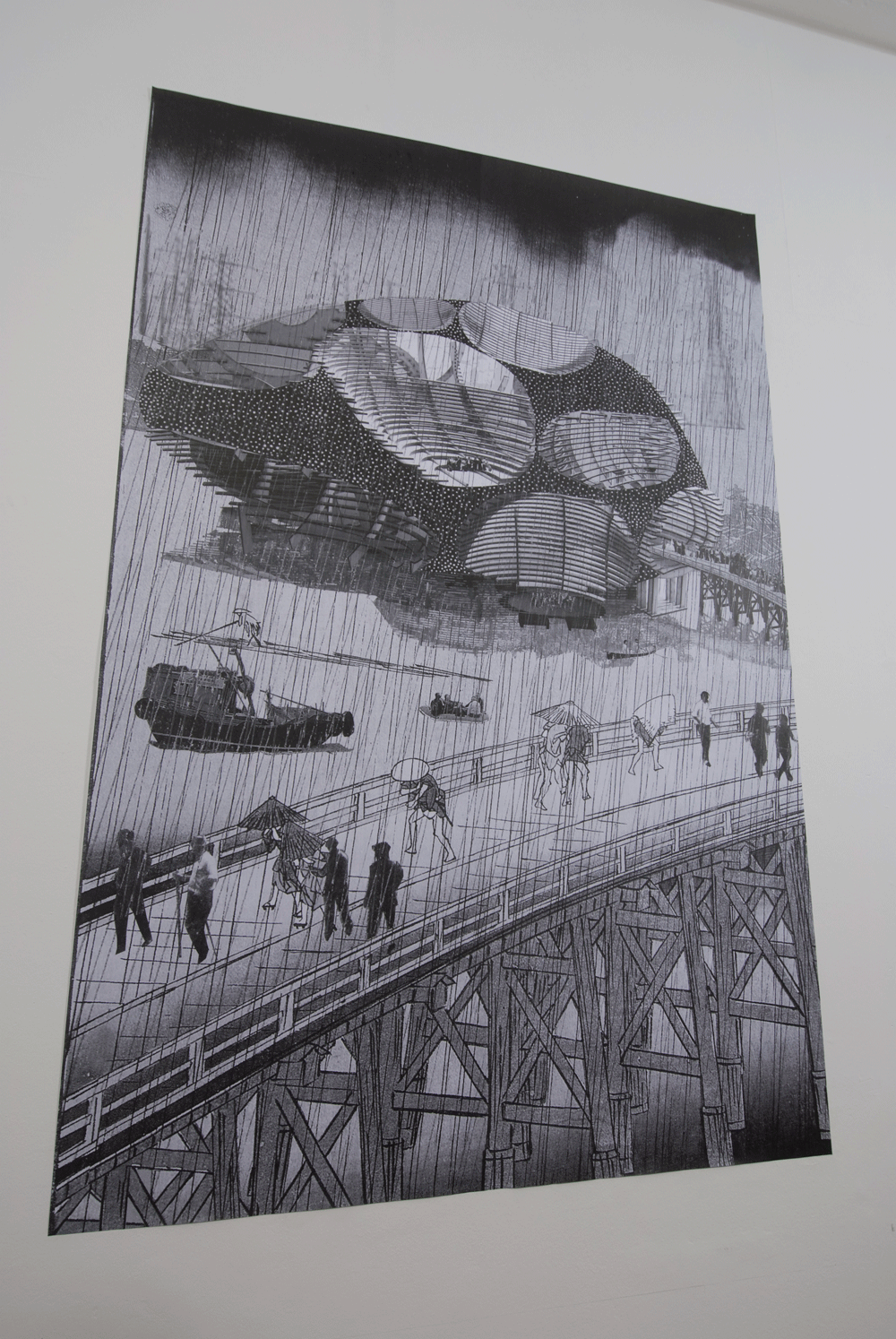
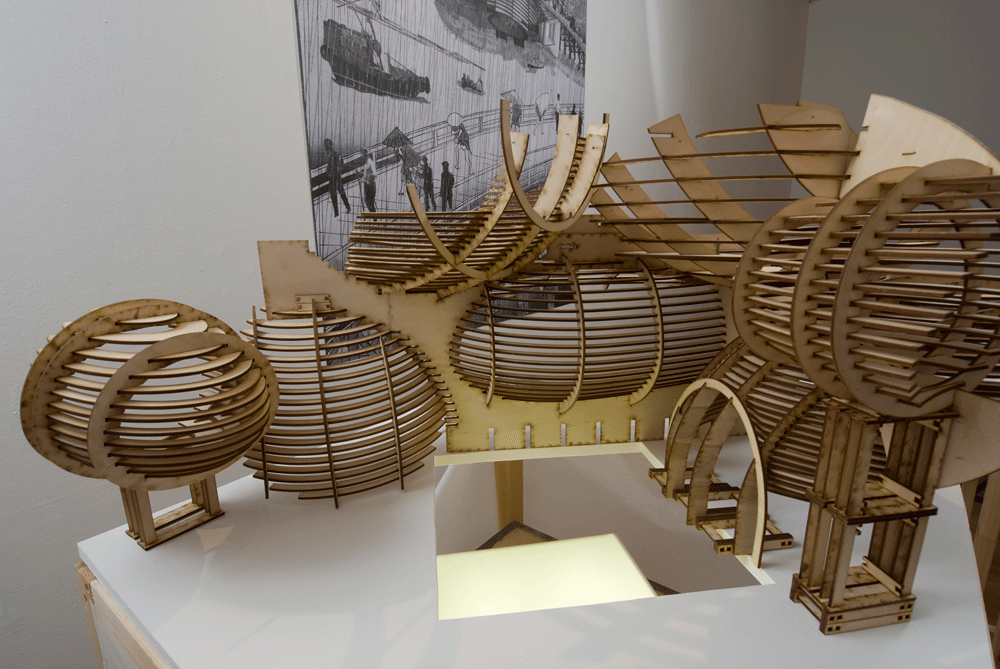

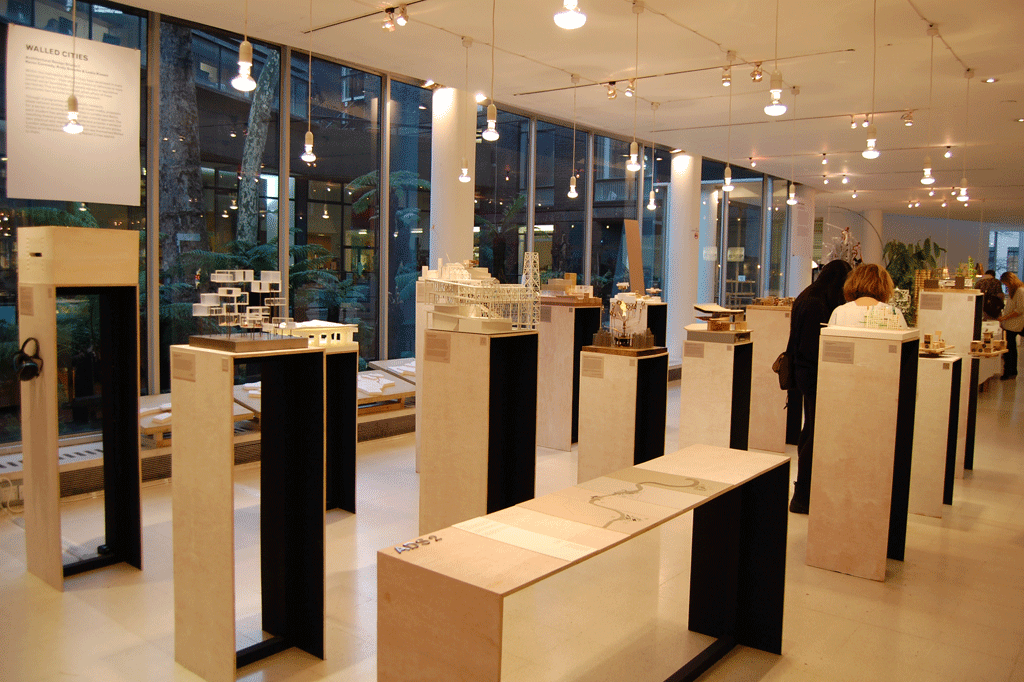
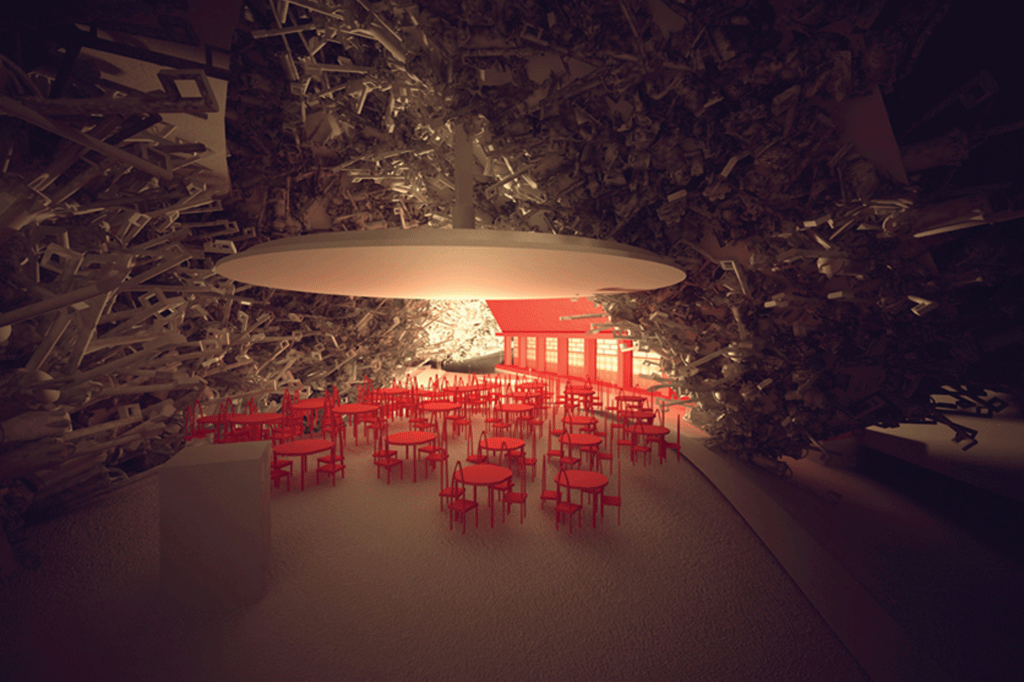




No comments yet